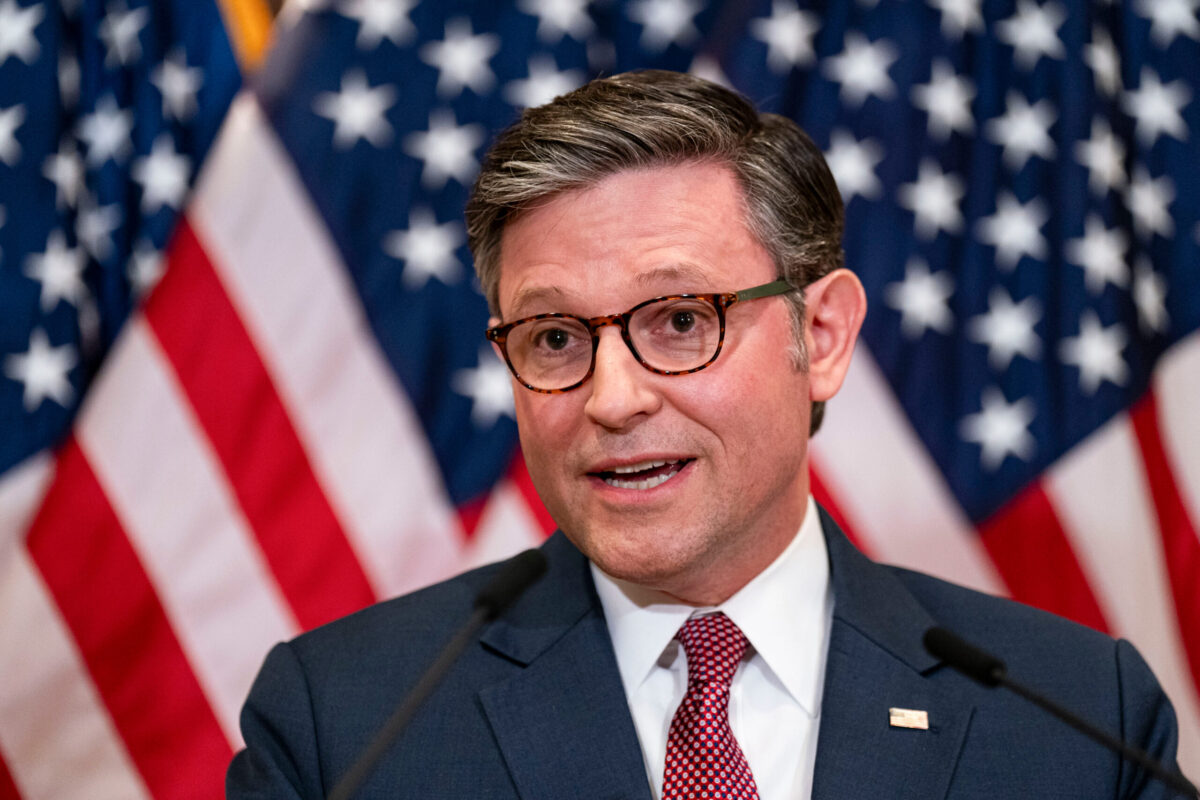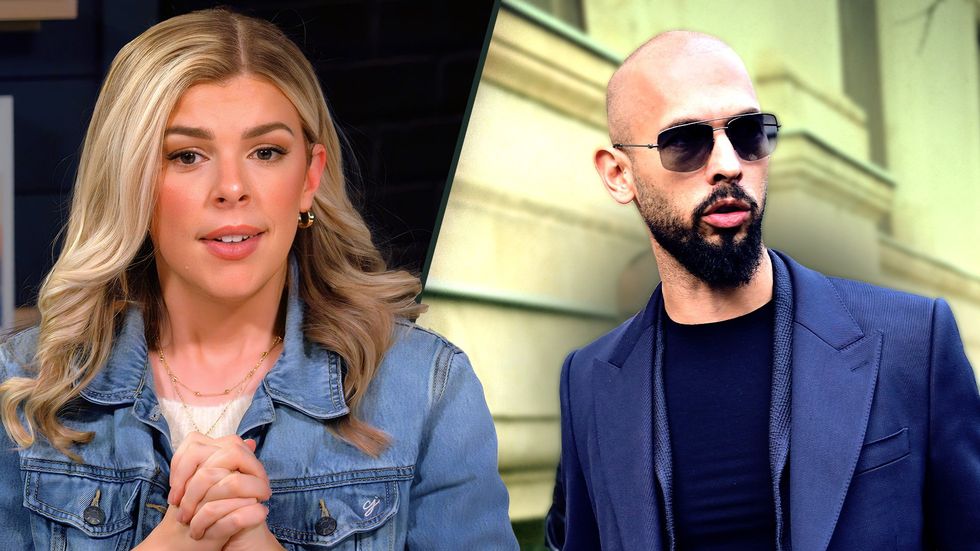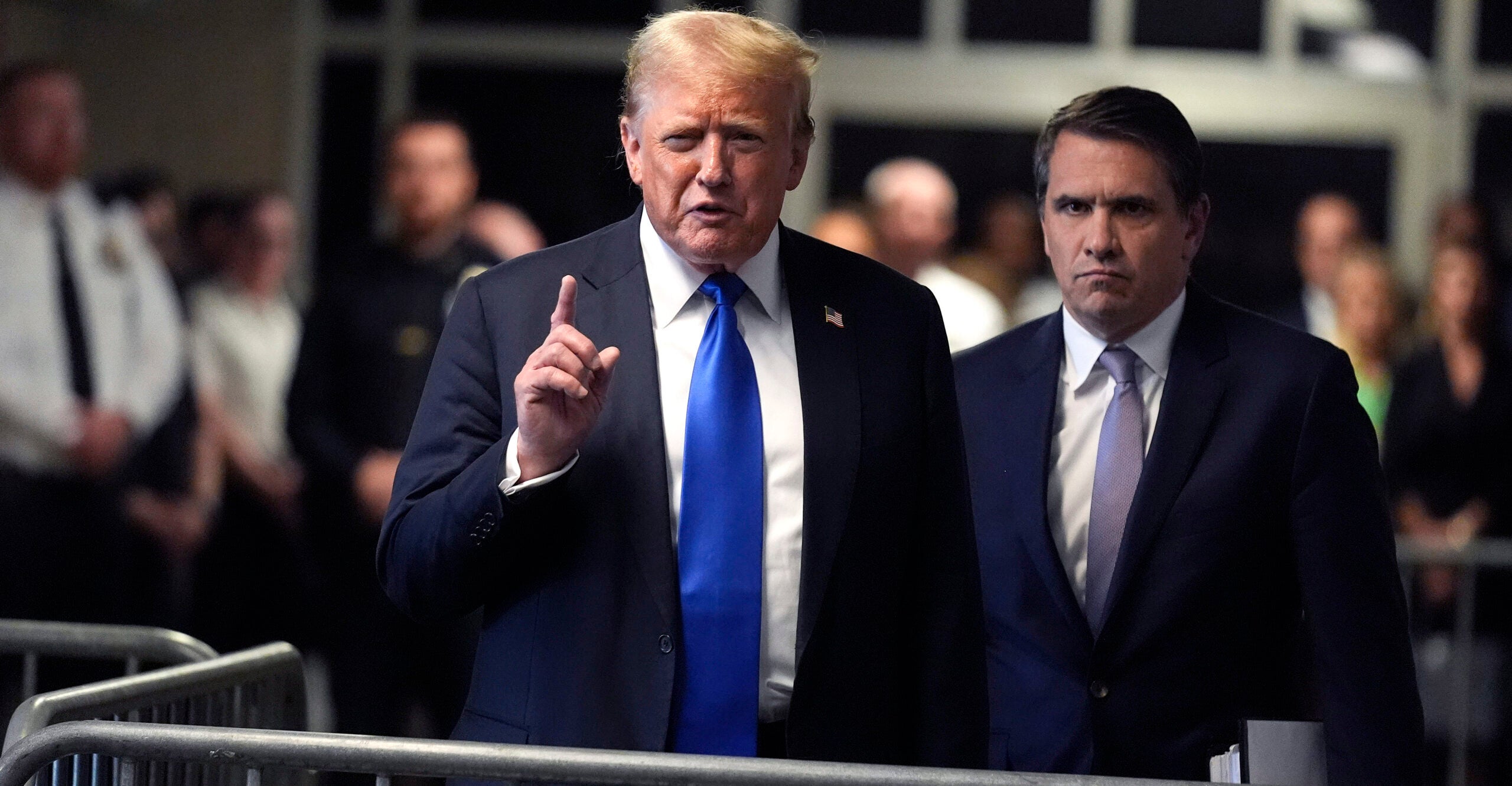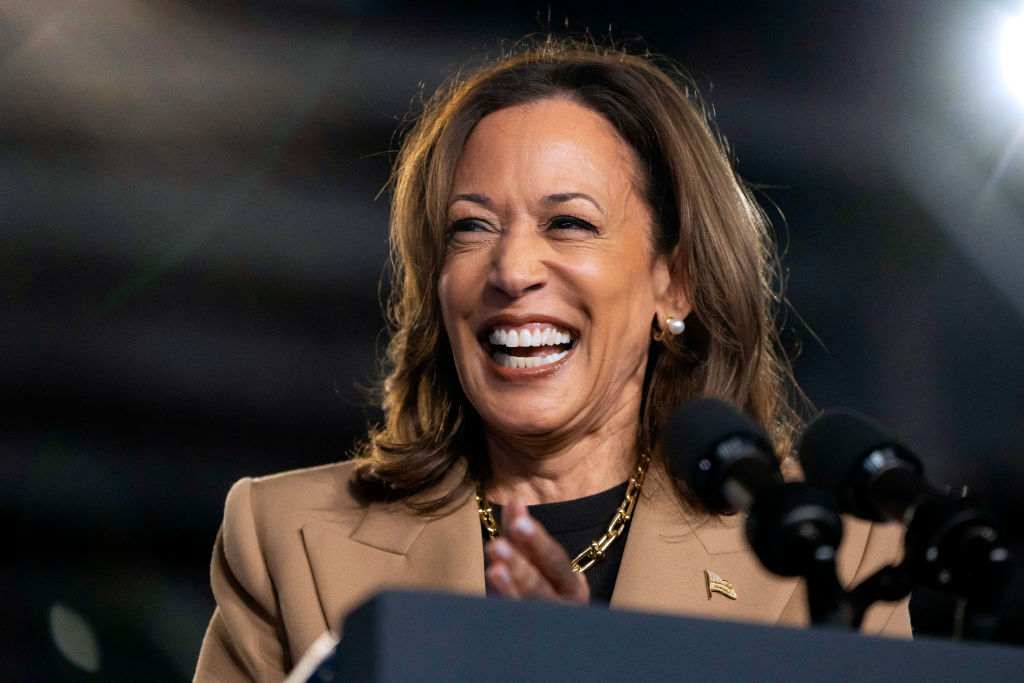Would Bill Buckley yell ‘stop’?
The year 2025 marks the centenary of modern conservativism’s founder, William F. Buckley Jr. But given the takeover of the Republican Party by Donald Trump, whether conservative still means what it once did is an open question. In these times it’s natural to ask: What would Bill have to say? The question is the flip side of the related allegation — deployed in conservative circles by those confused, troubled, or even irate over the Trump ascendancy — which begins: “If Bill Buckley were alive today, he’d …” 'Drain the swamp' grates on many a conservative ear. But it is a Buckley course of action. His end is indistinguishable from Trump’s beginning. He’d … what? Be bothered? Upset about Trump’s impact on the movement in its current state? Allied with those who see the Buckley legacy as one that prioritizes civility? Maybe. Or maybe not. It is not difficult to imagine that the man who once proclaimed he “should sooner live in a society governed by the first two thousand names in the Boston telephone directory than in a society governed by the two thousand faculty members of Harvard University” would think positively of the president-elect, and his populist tone, and his agenda, and even of what is becoming of conservatism, as the movement grapples with powerful influences and prolonged challenges, including those first faced during its Eisenhower-era infancy. At the same time, a reasonable case can be made that Bill Buckley would cozy to conservative NeverTrumpism or find the 45th and soon-to-be 47th U.S. president wanting in other ways. Buckley wrote dozens of books, for example, while Trump boasts that he doesn’t even read books. And in a 2000 Cigar Aficionado reflection on presidential wannabes, WFB called the Queens developer a narcissist and demagogue, adding this zinger: “When he looks at a glass, he is mesmerized by its reflection.” But there’s also evidence that the two men, in the Year of Our Lord 2024, might have proven more sympatico than not. That evidence begins in Queens. Bill Buckley knew something of the place, along with the Big Apple’s other “outer boroughs.” And of their voters. A once-politician himself who challenged liberal Republican John V. Lindsay for mayor in 1965, Buckley — despite an Ivy League bearing that made him fodder for comedians and impersonators — connected with Bronx cops and Staten Island nurses and Brooklyn machinists. He was the enemy of their enemy. So is Trump. In a few election cycles, the Buckley-backing chumps and deplorables of the 1960s hailing from outer boroughs and other places of elitist disdain would become better known as “Reagan Democrats.” Four decades later, their grandchildren would in turn become MAGA Republicans. The dots connecting Buckley 1965 and Trump 2016/2020/2024 are clearly there, if not always recognized. What’s old is new again The two men even had commonality in tone. In the inaugural issue of National Review, Buckley famously committed the magazine to fight the prevailing establishment’s destructive madness, declaring that his journal “stands athwart history, yelling Stop, at a time when no one is inclined to do so, or have the patience with those who so urge it.” Yelling is the stuff of bombast, distasteful to some patrician-bearing conservatives who prefer to sit athwart the sidelines and admonish leftism via quip or tweet or op-ed. Worthwhile activities all. But insufficient if the march of leftist ideology through history is to be stopped. That work requires an agent of harshness, a disrupter, a doer of dirty work, brooking no accommodation, akin to John Wayne’s character, Ethan Edwards, in “The Searchers.” Such as Donald J. Trump. Related to yelling is a more populist agitating, the kind Rush Limbaugh made famous for years as the principle American voice ridiculing the reigning culture and establishment, giving hope and encouragement and education to millions. Rush became America’s premier conservative. His style was not Buckleyesque, but then, whose is? Rush loved Bill and was beloved in return by the man who thrilled to see conservatism distilled broadly and convincingly through this radio maestro. Rush, later, also championed Trump. They’d have made a formidable Triple Entente. About that National Review premiere: In it, Buckley highlighted “our convictions.” Seven decades later, his concerns remain au courant. An example: “The largest cultural menace in America is the conformity of the intellectual cliques which, in education as well as the arts, are out to impose upon the nation their modish fads and fallacies, and have nearly succeeded in doing so.” These and other thunderings are MAGA — spoken in a highbrow Buckley dialect. Meanwhile, the enemies Buckley pointed to in 1955 — “social engineers” (“who seek to advance mankind to conform to scientific utopias”), “Fabian operators” (“bent on controlling both our political parties”), “Big Brother government,” “clever intriguers,” communists (their beliefs
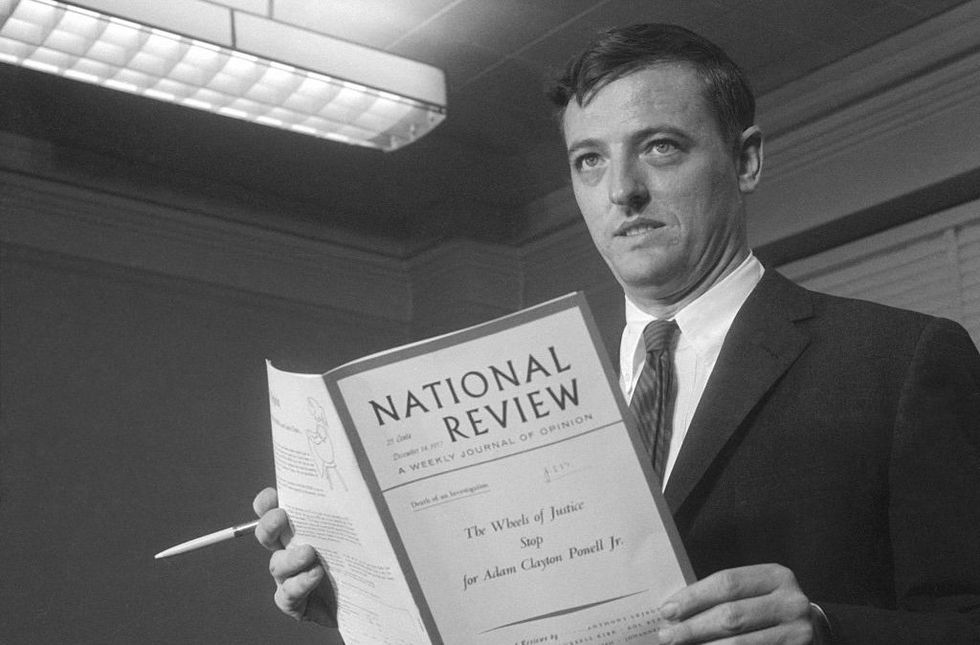

The year 2025 marks the centenary of modern conservativism’s founder, William F. Buckley Jr. But given the takeover of the Republican Party by Donald Trump, whether conservative still means what it once did is an open question. In these times it’s natural to ask: What would Bill have to say?
The question is the flip side of the related allegation — deployed in conservative circles by those confused, troubled, or even irate over the Trump ascendancy — which begins: “If Bill Buckley were alive today, he’d …”
'Drain the swamp' grates on many a conservative ear. But it is a Buckley course of action. His end is indistinguishable from Trump’s beginning.
He’d … what? Be bothered? Upset about Trump’s impact on the movement in its current state? Allied with those who see the Buckley legacy as one that prioritizes civility?
Maybe. Or maybe not. It is not difficult to imagine that the man who once proclaimed he “should sooner live in a society governed by the first two thousand names in the Boston telephone directory than in a society governed by the two thousand faculty members of Harvard University” would think positively of the president-elect, and his populist tone, and his agenda, and even of what is becoming of conservatism, as the movement grapples with powerful influences and prolonged challenges, including those first faced during its Eisenhower-era infancy.
At the same time, a reasonable case can be made that Bill Buckley would cozy to conservative NeverTrumpism or find the 45th and soon-to-be 47th U.S. president wanting in other ways. Buckley wrote dozens of books, for example, while Trump boasts that he doesn’t even read books. And in a 2000 Cigar Aficionado reflection on presidential wannabes, WFB called the Queens developer a narcissist and demagogue, adding this zinger: “When he looks at a glass, he is mesmerized by its reflection.”
But there’s also evidence that the two men, in the Year of Our Lord 2024, might have proven more sympatico than not.
That evidence begins in Queens. Bill Buckley knew something of the place, along with the Big Apple’s other “outer boroughs.” And of their voters. A once-politician himself who challenged liberal Republican John V. Lindsay for mayor in 1965, Buckley — despite an Ivy League bearing that made him fodder for comedians and impersonators — connected with Bronx cops and Staten Island nurses and Brooklyn machinists. He was the enemy of their enemy.
So is Trump. In a few election cycles, the Buckley-backing chumps and deplorables of the 1960s hailing from outer boroughs and other places of elitist disdain would become better known as “Reagan Democrats.” Four decades later, their grandchildren would in turn become MAGA Republicans. The dots connecting Buckley 1965 and Trump 2016/2020/2024 are clearly there, if not always recognized.
What’s old is new again
The two men even had commonality in tone. In the inaugural issue of National Review, Buckley famously committed the magazine to fight the prevailing establishment’s destructive madness, declaring that his journal “stands athwart history, yelling Stop, at a time when no one is inclined to do so, or have the patience with those who so urge it.” Yelling is the stuff of bombast, distasteful to some patrician-bearing conservatives who prefer to sit athwart the sidelines and admonish leftism via quip or tweet or op-ed.
Worthwhile activities all. But insufficient if the march of leftist ideology through history is to be stopped. That work requires an agent of harshness, a disrupter, a doer of dirty work, brooking no accommodation, akin to John Wayne’s character, Ethan Edwards, in “The Searchers.” Such as Donald J. Trump.
Related to yelling is a more populist agitating, the kind Rush Limbaugh made famous for years as the principle American voice ridiculing the reigning culture and establishment, giving hope and encouragement and education to millions. Rush became America’s premier conservative. His style was not Buckleyesque, but then, whose is? Rush loved Bill and was beloved in return by the man who thrilled to see conservatism distilled broadly and convincingly through this radio maestro.
Rush, later, also championed Trump.
They’d have made a formidable Triple Entente.
About that National Review premiere: In it, Buckley highlighted “our convictions.” Seven decades later, his concerns remain au courant. An example: “The largest cultural menace in America is the conformity of the intellectual cliques which, in education as well as the arts, are out to impose upon the nation their modish fads and fallacies, and have nearly succeeded in doing so.” These and other thunderings are MAGA — spoken in a highbrow Buckley dialect.
Meanwhile, the enemies Buckley pointed to in 1955 — “social engineers” (“who seek to advance mankind to conform to scientific utopias”), “Fabian operators” (“bent on controlling both our political parties”), “Big Brother government,” “clever intriguers,” communists (their beliefs “satanic utopianism”), “union monopolies,” and “ideologues” (who “run just about everything”) — continue to run just about everything today.
“Drain the swamp” grates on many a conservative ear. But it is a Buckley course of action. His end is indistinguishable from Trump’s beginning. The two men are copacetic.
Narcissism aside, Buckley today surely would have compassion for the fellow entertainer (or did you never watch “Firing Line”?) over the relentless cries of “fascist,” “racist,” and “Hitler.” Long before a young Donald J. Trump could vote, WFB was being slurred as a “Nazi.” Gore Vidal infamously called him a “crypto Nazi” during a nationally televised debate. One can hear Buckley’s response — “I’ll sock you in your goddamn face, and you’ll stay plastered” — echoed in many ways a half-century later, addressed to smug, elite hate-purveyors.
A tectonic shift
Another similarity: On prioritizing Islam’s threat to the West, Trump — he of the decried “Muslim ban” –and Buckley would be of like mind. At the final National Review board meeting he attended, in 2006, Buckley charged the magazine’s editors with a special mission of concentrating on what he called “Islamofacism.” Check.
Whither WFB on the conservative movement? Is it sullied, even destined for collapse, because its political vehicle — the Republican Party — is in the hands of the man from Queens? Some say so. And some believe that William F. Buckley Jr. would agree were he alive today.
Then again, were he here, Bill might consider the latest election results as the heaving of tectonic political plates by once-enslaved voters who reject identity politics, which he deeply despised, and declare themselves no longer beholden to racial and gender blocs mandated by progressives and a neo-Marxist Democratic Party.
He might also conclude that fundamental things conservativism long hoped for and fought both for and against might best be advanced and maybe even achieved by an unlikely champion. By a jarring populist, short on etiquette, whose tongue was blunt instead of silver, who failed to get permission to lead, even by default, from the movement’s gatekeepers, but who was found to be appealing by the people in the telephone directory.
In Buckley parlance, one might say Donald J. Trump is immanentizing the conservative eschaton. About that, Bill would be yelling anything but stop.
Editor’s note: This article was originally published by RealClearPolitics and made available via RealClearWire.
Originally Published at Daily Wire, World Net Daily, or The Blaze
What's Your Reaction?
















